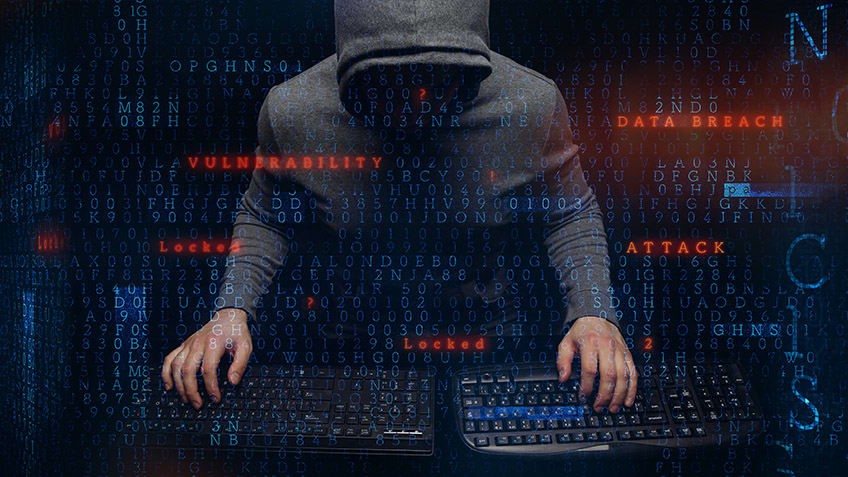ETHICAL HACKING
- INTRODUCTION
- CAREER OPPORTUNITIES
- COURSE
- COLLEGES IN INDIA
- POST GRADUATE
- SKILL SET
- ROLES AND RESPONSIBILITIES
An Ethical hacker is someone who hacks with legal permission to strengthen systems and makes them penetration-proof. Ethical hacker is a network of computer experts who help in finding loopholes in an IT system to seek vulnerabilities if any, so that the system remains safe from any malicious hacker.

- Army
- MNC's
- IT Security Team
- Large Corporations
- Universities and Schools
- Government Organisations
BSc in Computer Science/ BCA / Graduation in Any IT Related Discipline for 3-4 years along with a Certification Courses in Ethical Hacking (CEH, CCNA, SCNS, CPTE, CISSP)
| College | Location |
| Indian School of Ethical Hacking (ISOEH) | Kolkata |
| EC Council | Multiple Locations |
| Ankit Fadia Certified Ethical Hacker | Multiple Locations/ Online |
| Institute of Ethical Hacking and Forensics | Odisha |
| Arizona Infotech | Pune |
| Institute of Information Security | Multiple Locations |
| Quest Institute of Knowledge (QUIK) | Mumbai |
CHRIST UNIVERSITY, BENGALURU
Course: Bachelor of Computer Applications
SRM UNIVERSITY, CHENNAI
Course: Bachelor of Computer Applications
VIT UNIVERSITY, VELLORE
Course: Bachelor of Computer Applications
GURU GOBIND SINGH INDRAPRASTHA UNIVERSITY, DELHI
Course: Bachelor of Computer Applications
MADRAS CHRISTIAN COLLEGE, CHENNAI
Course: Bachelor of Computer Applications
SYMBIOSIS INSTITUTE OF COMPUTER STUDIES & RESEARCH
Course: Bachelor of Computer Applications
BIRLA INSTITUTE OF TECHNOLOGY, RANCHI
Course: Bachelor of Computer Applications
University of Madras
Course: M.Sc. Cyber Forensics & Information Security
Eligibility: A degree in Computer Science/ Computer Applications / Information Technology/ Any other equivalent degree in Information Technology and Computer Science (or) B.Sc. in Mathematics/ Physics/Statistics/ Electronic Science (or) B.E./B.Tech
THE NATIONAL UNIVERSITY OF ADVANCED LEGAL STUDIES, Kochi
Course: POST GRADUATE DIPLOMA IN CYBER LAW
Eligibility: Candidates admitted to the Post Graduate Diploma in Cyber Law should possess a Bachelor’s Degree in any stream or a Bachelors’ Degree in Law recognized by NUALS. Preference will be given to those who possess degree in law.
University of Mumbai, Mumbai
Course: Post Graduate Diploma in ‘Cyber Law and Information Technology’ (One Year)
Electronics & ICT Academy, IIT Kanpur
Course: Comprehensive Ethical Hacking Course – Beginner to Advance
- Logical
- Creative
- Eye for detail
- Problem solving skills
- Computer Knowledge
- Knowledge of Laws
- Good Concentration Span
- A Good knowledge in technology Understanding of operating systems like Firefox, Linux and Windows
- Knowledge of programming languages like C, C++, Python, Ruby, etc.
- No particular qualification is necessary except for the certification in Ethical Hacking
- Graduation degree in Computer Science will be useful
- Understand the thinking pattern of a "criminal hacker" to work as an "ethical hacker"
- Check for vulnerabilities within a computer system of different organisations
- Formulate ways of protecting information of an organisation
- Communicate with the clients and deliver written reports on the work done
- Prepare documents for self on the work that has been done to keep a tab on the loopholes
- Be transparent to the clients while going through their computer systems
- Simulate breaches to network security of an organization and take steps to detect the potential areas of risk







